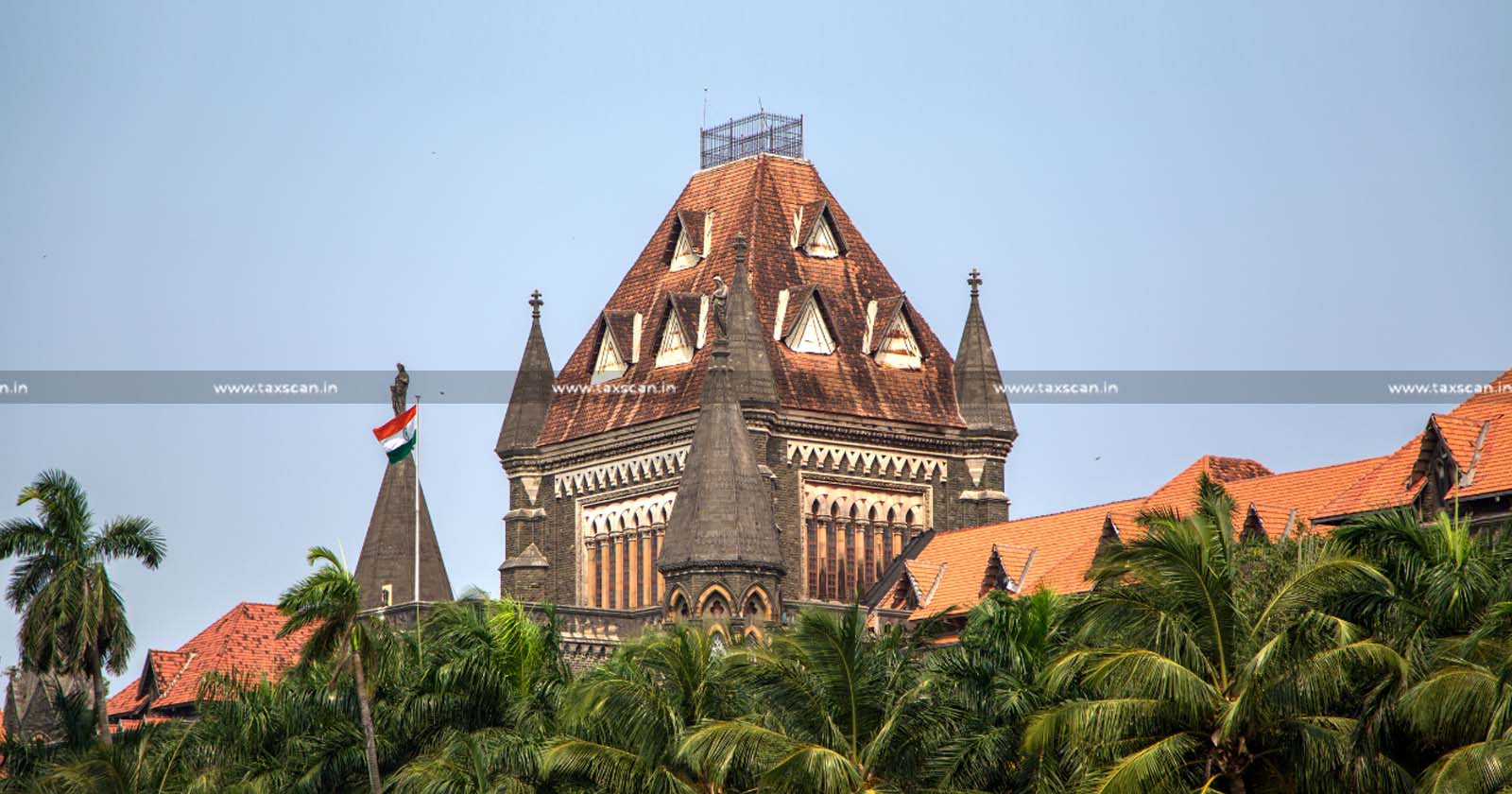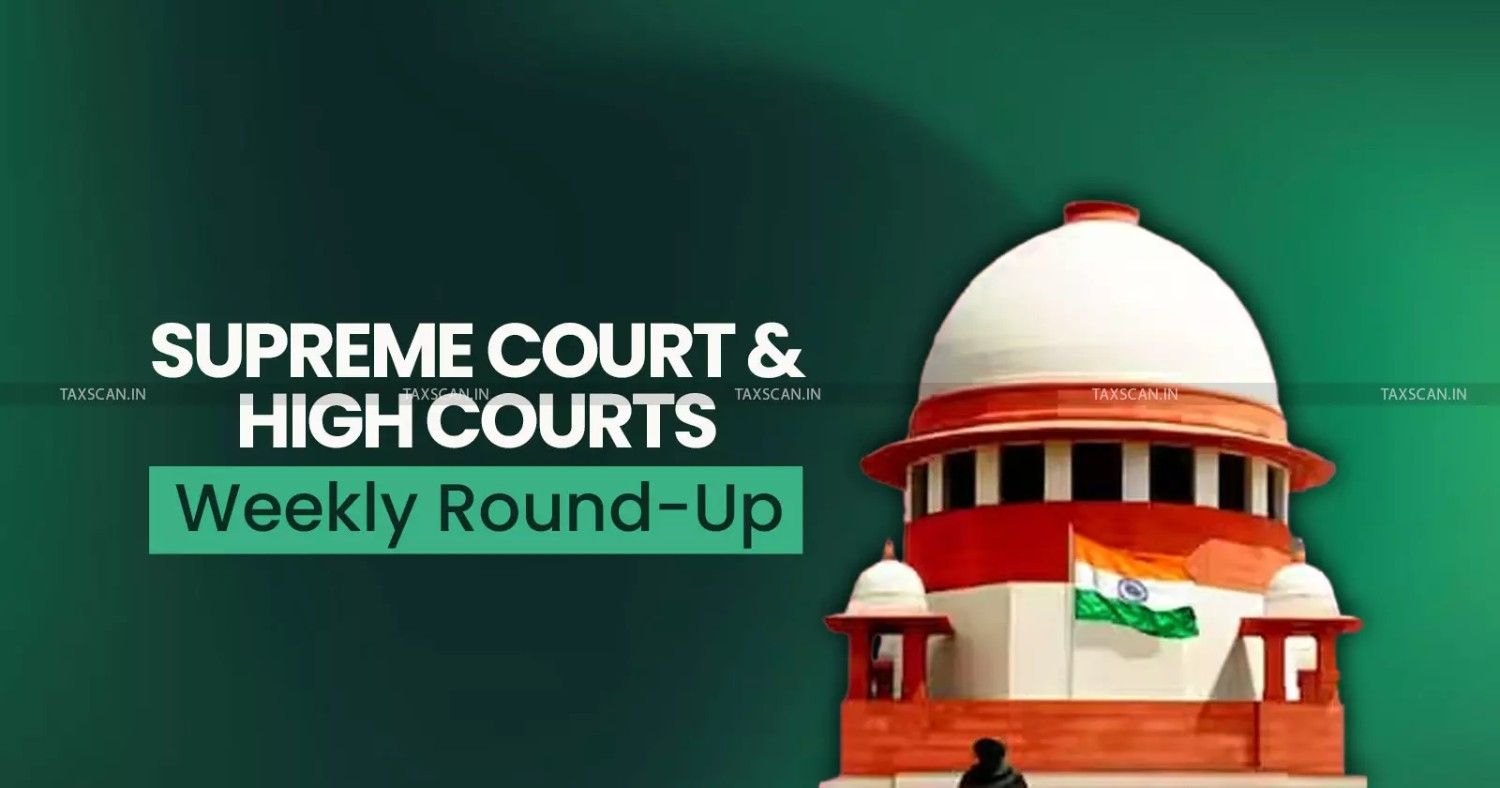Insolvency Plea cannot be made to Evade Paying Maintenance: Bombay HC Rejects Dance Teacher’s Plea [Read Order]
The High Court held that maintenance arrears arising from a Family Court order do not constitute a “debt” under the Insolvency Act.
![Insolvency Plea cannot be made to Evade Paying Maintenance: Bombay HC Rejects Dance Teacher’s Plea [Read Order] Insolvency Plea cannot be made to Evade Paying Maintenance: Bombay HC Rejects Dance Teacher’s Plea [Read Order]](https://images.taxscan.in/h-upload/2025/11/25/2107782-bombay-hc-hc-rejects-plea-taxscan.webp)
The Bombay High Court recently dismissed an insolvency petition filed by a dance teacher, holding that maintenance payable to his wife pursuant to a Family Court order does not constitute a “debt” under the Presidency Towns Insolvency Act, 1909 and thus cannot form the basis of an insolvency adjudication.
The petitioner, Mehul Jagdish Trivedi and the respondent got married on 28 January 2014 and subsequently underwent marital discord within two months, culminating in a case for maintenance being lodged before the Family Court. On 17 May 2021, the Family Court directed the petitioner to pay ₹25,000 per month under Section 125 of the Code of Criminal Procedure with retrospective effect from June 2015.
 Also Read:Bombay HC Dismisses Writ Petitions Challenging Criminal Proceedings in IPO Share Manipulation Case [Read Order]
Also Read:Bombay HC Dismisses Writ Petitions Challenging Criminal Proceedings in IPO Share Manipulation Case [Read Order]
The petitioner challenged that order by filing a Criminal Revision Petition before the High Court which remains pending. Meanwhile, the petitioner filed this insolvency application before the High Court, claiming to have arrears of ₹22,30,000 while contending that his monthly income ranged between ₹12,000 and ₹15,000.
Siddh Pamecha, appearing for the petitioner, relied on Sections 14(1)(a), 9(1)(f) and the Explanation to Section 10 of the Insolvency Act to submit that since the amount payable exceeded ₹500, the petitioner was entitled to be declared insolvent. The Insolvency Registrar was also present during the hearing.
Justice Jitendra Jain examined the statutory provisions, including Section 2(b) (definition of “debt”), Section 9, Section 10, Section 11, Section 14 and Section 45 of the Presidency-Towns Insolvency Act.
Section 11(a) of the Act expressly restricts the jurisdiction of the Insolvency Court in cases where the debtor is not imprisoned at the time of presenting the petition. Since the petitioner was not in custody for non-payment of the amounts directed by the Family Court, the statutory precondition for invoking insolvency jurisdiction was not fulfilled.
The Court observed that Section 14(1)(a) of Act relied upon by the petitioner merely prescribes one of the eligibility condition - that, the amount due must exceed ₹500 to claim insolvency; however this pre-condition by itself does not require that the Court entertain or adjudicate the petition when the jurisdictional bar under Section 11(a) remains unsatisfied.
The Bench relied on the Mysore High Court decision in Hemavathiamma v. Kumaravela Mudaliar (1968), holding that maintenance is a moral duty and legal obligation arising from the marital relationship and does not constitute a “debt” for purposes of insolvency. In Hemavathiamma (supra), it was further observed that ‘the object of insolvency law is not to deprive the wife and children of the support and maintenance due from the husband and father which it has ever been the purpose of the law to enforce.’
The Court also noted contradictions in the petitioner’s assertions regarding his income and loans, observing that insolvency proceedings could not be used as a shield to indirectly secure a stay on the Family Court’s order when a revision petition challenging that very order was already pending.
 Also Read:Faceless Reassessment Mandatory for International Tax Cases: Bombay HC Quashes S.148 Notice Issued by Jurisdictional AO [Read Order]
Also Read:Faceless Reassessment Mandatory for International Tax Cases: Bombay HC Quashes S.148 Notice Issued by Jurisdictional AO [Read Order]
Before parting with the case, Justice Jitendra Jain illustrated the prolonged petition through a short prose: “2 months of marriage union;
120 months of litigation for division;
With no end in sight;
In proving who is right;
Would it not be better to amicably resolve the dispute;
Rather than trying to gain;
Save the balance period from mental pain.”
Support our journalism by subscribing to Taxscan premium. Follow us on Telegram for quick updates



